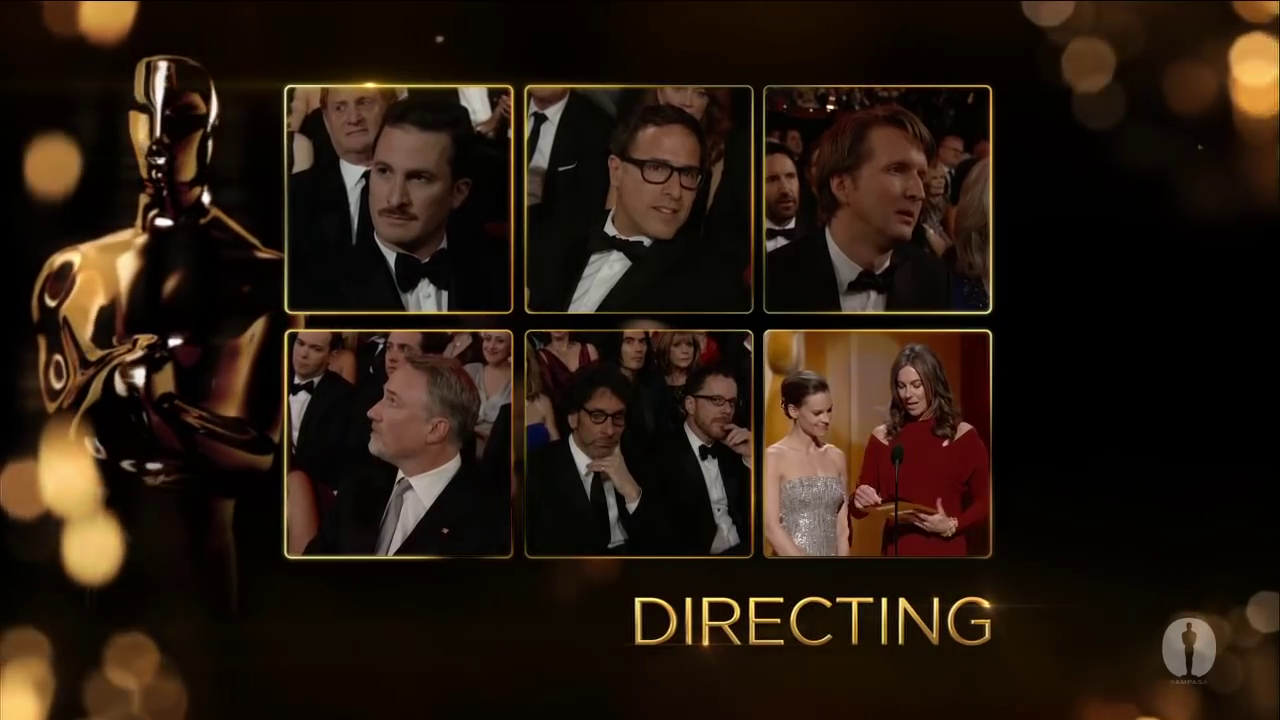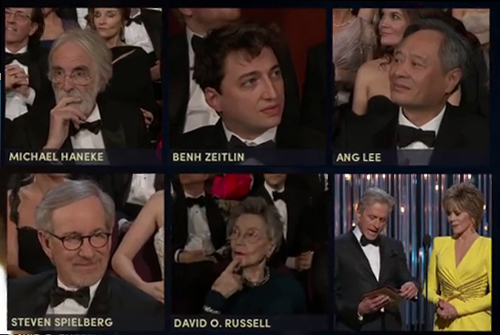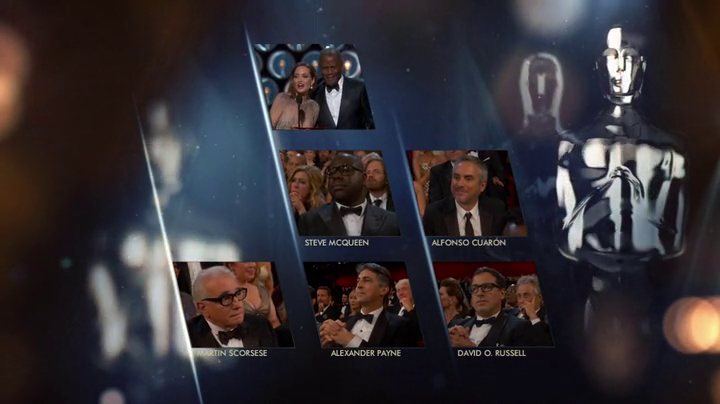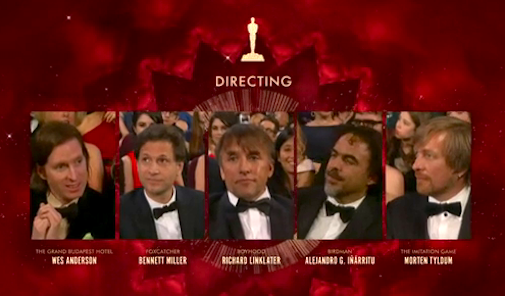Through Her Lens (Season Finale): The 83rd Oscars + 2010s RECAP
 Tuesday, December 20, 2022 at 9:00AM
Tuesday, December 20, 2022 at 9:00AM A series by Juan Carlos Ojano. Introduction / Explanation

After Kathryn Bigelow’s historic Director win at the previous Oscars for The Hurt Locker, the 2010 roster of nominees returned to the usual all-male lineup. The eventual five were pretty much unquestioned. David Fincher was the early frontrunner for Facebook drama The Social Network. Darren Aronofsky and David O. Russell received their first nominations in this category for the psychological horror Black Swan and the sports drama The Fighter, respectively. The inclusion of the Coen Brothers was considered a semi-surprise for the late-breaking Western True Grit. Ultimately, the winner was Tom Hooper for the Best Picture-winning historical drama The King’s Speech.
Given that context, it is still a bit discouraging to see the return to normal especially with two female-directed films also up for Best Picture: Lisa Cholodenko’s dramedy The Kids are All Right and Debra Granik’s mystery drama Winter’s Bone. Both films received four nominations, though neither secured any wins. Women were also largely absent from the Best Director conversation. Out of the 248 films included in the Reminder List of Eligible Films in 2010 (83rd Academy Awards), only 24 (9.7%) were directed/co-directed by women...






